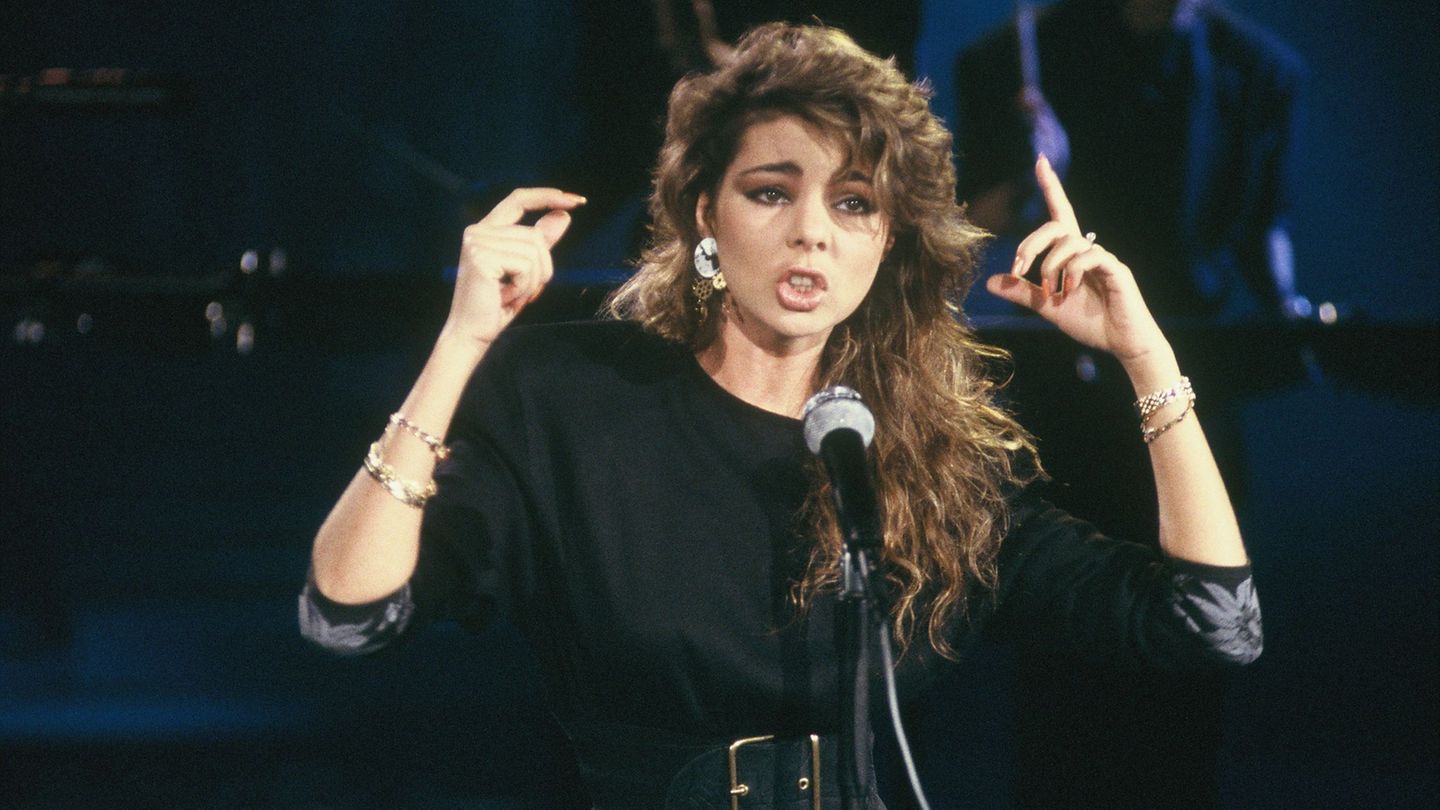Whether during his studies in Salzburg or in his parish in Wilhering, where he helps to shape church music – the liturgical commitment is for him as a singer like “daily bread”. On March 26 and April 3, Schmidlechner will sing Haydn’s “Nelson Fair”.
what’s going on?: Who started your performances?
Matthew Schmidlechner: It has to do with the fact that Will Mason (the conductor of the concert, ed.) was my professor at the university. A friendship developed from our professor-student relationship. Will then asked me if I would like to take part.
Maybe it’s hard to say no?
I don’t even want that. If something like that turns out somehow, then I’m happy anyway that I can be there. And it works out, because I don’t have to start rehearsing again in the theater until the beginning of April.
You were a social worker for five years. What exactly were you busy with?
After graduating from high school and after the army, I was youth leader for the Catholic Church in the Archdiocese of Salzburg. I have worked with youth groups, including at events and travel.
What still accompanies you from that time today?
The most important thing I took with me is to be authentic. There’s absolutely no point in pretending. When young people notice that you think you have to be like them, they notice it immediately and very directly reject it. That was the first experience in the first year that I didn’t do well in this job. So I thought to myself: Okay, it’s not that easy.
What have you adapted?
You can say: I’m not competent enough here to move in your world. It’s your world too. Tell me please, show me how to do it. Be authentic, and if you don’t know something, you can ask about it openly. I personally do better with it.
Where do you put that?
Often in the making. Since I’m a latecomer and didn’t start studying until I was 25, I don’t know much yet. One tends to cover it up when one is not so well informed. In the meantime I say: I haven’t come across this yet, I’m curious, I don’t know everything about it yet, and I’m looking forward to new things.
An approach that could also be well embedded in journalistic work.
(laughter from both sides) I think it’s a better way for me. Our ethnomusicologist in musicology studies also gave us a good approach: from your personal perspective, as a private person, you can find something good or bad. But as a musicologist you always have to be interested. I took that with me for my artistic profession.
How exactly do you implement this?
As a private person I can judge. Either something is a pot or you like it. But as an artist, I always have to be open about it. It also gives you the chance to discover things you didn’t know before. For example in modern compositions. If I went into a performance with reservations, I would probably never be able to enjoy it as much as I did without it.
You also attended the HTL for electronics. Mathematics and music are often associated. Does the analytical help in your job?
It certainly seems that way to me. I went to school because at the age of 14 I was really good at soldering (laughs). I figured that would be something. But I noticed that this is not the case, but continued until I graduated from high school. That’s it then. But of course you have acquired a different understanding, which gives you a different view of things – a slightly more technical one – and you say: Okay, there is physics behind it. That helps sometimes.
If you look at the score of “Nelson Fair” If you look at it this way, you could also say: If I can read a blueprint, I can do it.
Well, what you just learned. I can now read sheet music better than any electronic blueprint. No wonder. That was (he does the math in his head) more than 26 years ago – well, Hallelujah! (laughs).
There is the thought pattern that for artistic professions it is best to train one’s talent as a child. Was that a barrier?
Basically it is the case that boys have their voices breaking at some point and thus a voice that has to develop again. This gives us singers an age advantage. There are only a few who, by the time they are in their early to mid-20s, have matured to the point where they can start their careers straight away. There are many who are older.
How was your decision to study received?
In general, my parents had concerns: Is it wise to start studying in your mid-20s? In hindsight, it all worked out (laughs). But of course you never know beforehand. At some point I said to my parents – of course I had already worked for a few years: I don’t need any financial support, I would be happy about non-material ones. I got that, it was good for me.
Back to the Mass: What does Haydn ask of you as a singer with this material?
Such masses are not designed for solos, but are much about ensembles. We four soloists sing a lot together. And the nice thing about these trade fairs is when you step back a bit so that everything works out. If everyone only sings their solo without taking the others into account, then it won’t be nice. When everyone sits back a bit, opens their ears so that the four of them sound nice, then that’s such an experience. I’m looking forward to my colleagues, because I know: They can do it. The passages that you have alone can be fully sung anyway.
How important is your wife for you to be able to have such a career?
Yes very! She is a music school teacher, so she often has to watch my back at home when things get tight, there are difficult pieces to rehearse or there is generally a lot going on. I’m very grateful for that. My family is the greatest support.


dates and background
Missa in angustiis, the “Nelson Mass” by Joseph Haydn (1732-1809), brings the Oö. Vocal Academy for the performance: Leonfeldner Kantorei, Bach Collegium and Fenja Lukas (soprano), Valentina Kutzerova (alto), Michael Wagner (bass) and Schmidlechner (tenor) perform. Conductor: William Mason, free admission
- March 26th: parish church of Bad Ischl, 7.30 p.m., reservation: lmsw-vokalakademie.k.post@ooe.gv.at
- April 3: Rohrbach parish church, 4 p.m., reservation: info@kim-rohrbach.at
Matthäus Schmidlechner comes from Salzburg. The 45-year-old began his singing studies at Bruckner University in 2001 and has been a member of the soloist ensemble at the Landestheater since 2007/2008. He is the father of three daughters (6, 8, 10).
Source: Nachrichten




